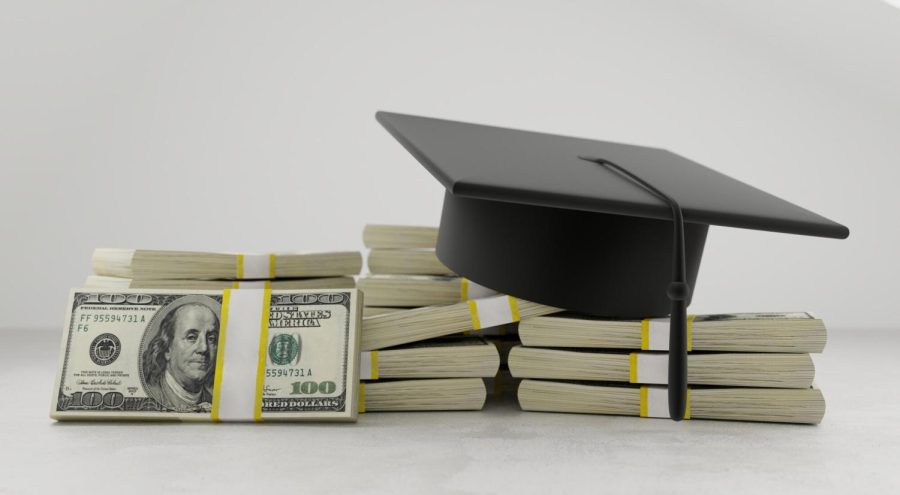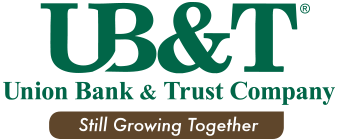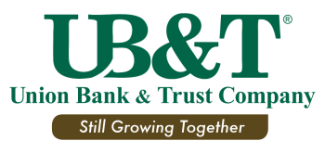
Student Loans
Student loans are available to individuals who are pursuing a higher education degree. The program has undergone several minor modifications to adapt to current loan portfolio regulations. Currently, the US Department of Education manages Federal student loans, which come in two forms: grant and loan. Students can access federal student loans through their schools or by completing an online application.
You can apply for direct subsidized and unsubsidized loans. These loans are available to undergraduate students who demonstrate financial need. Afterwards, the government pays the interest on subsidized loans while students are in school at least half-time, during grace periods, and during periods of deferment. Direct unsubsidized loans may be used to cover the cost of tuition and fees, room and board, books and supplies, transportation, and miscellaneous expenses not covered by grants or scholarships. Interest begins accruing right after funds are disbursed to the school. However, interest will not be added to the principal amount until repayment begins.
Each year, Union Bank and Trust Company (UB&T) provides several private student loans to help students achieve their educational goals. The loan is easy to obtain with no credit assessment or collateral required from the borrower's end. This loan can be accessed easily by the borrower at any time during their course of study.
Union Bank consolidated student loan is designed for those who need a large amount of money. It allows you to combine multiple loans that you already have into one. The main advantage is that you only make one easy monthly payment that can be deferred while you're in school. In simple terms, your loan and interest are postponed until you can repay the debt from your income. If you cannot take a loan to finance your studies, you may consider a Parent PLUS loan.
Alternative means to finance your studies include personal loans from traditional financial institutions. A fair credit score is a prerequisite. With an impeccable credit history, you can obtain up to $30,000. With a less-than-perfect credit score, collateral will help you qualify. Students that encounter unexpected financial difficulties may find help through payday loans from direct lenders. These provide up to $1,000 to eligible applicants seeking quick cash loans. You can access these funds as soon as one business day. You must have a steady income source to take a payday advance and repay it from your next paycheck. Installment loans are also a viable option, offering students the opportunity to borrow an average of $5,000. Paying off the loan, in this case, is done in fixed monthly payments.
Whether you're a high school student planning to attend college next year or you're already a college student, it's critical to find out about the various types of loans available for college students. It's also important to compare student loan options and find the one that best suits your needs. Start talking with your school's financial aid office. They can tell you what funding opportunities are available, as well as help you apply for them.

